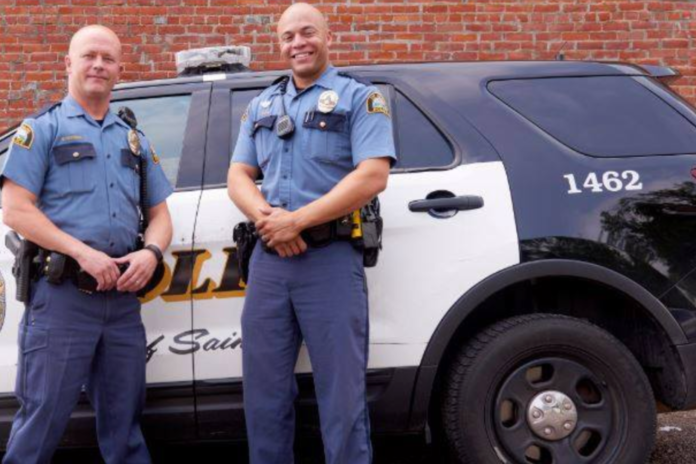Today, the St. Paul City Council will likely approve its 2020 budget for a 6% increase in tax levies. This includes a $9 million property tax bump to pay for road repairs (hopefully at the much-needed Ayd Mill Road), rec center programs, and community ambassadors to help put a cap on the rise in gun violence.
Both City Councils of the Twin Cities are concerned with curbing gun violence but have met with some resistance to practical solutions, like simply getting more police officers. Activists in groups like Black Lives Matter and Reclaim the Block appeared in large numbers throughout the months-long public hearing process in Minneapolis.
Protesters ridiculed Minneapolis Mayor Jacob Frey during his budget announcement in August when he said he wanted to add 14 officers to the city’s police force. Members of these groups argued that public safety initiatives aimed at adding more cops would directly correlate to a greater potential for police brutality, especially in minority communities.
Activists did not cease the tirade against the mayor last week when he proposed a compromise.
Chants of “You care about the cops more than the many. You gave them gold and gave us pennies,” echoed in City Hall as some demonstrators poured a bag of pennies on the floor of the conference room.
St. Paul’s proposed budget of more than $620 million includes almost $1.7 million in public safety spending, after several violent months that brought the city’s homicide total to the highest in over a quarter of a century.
This new public safety budget, added onto the pre-existing proposal, would bring the property tax levy to more than $165 million — an increase of nearly 6% from 2019. Property owners will most likely not end up paying what’s listed on the estimated property tax bills, since those numbers were calculated using highest rates in case the city had to pay for trash collection out of its tax revenue.
Carter’s proposal doesn’t include funding for alternative practical solutions to gun violence, like a gunshot detection system that is currently in use in Minneapolis. ShotSpotter, one of these systems, uses outdoor sensors that detects the sound of a fired gun and can relay approximate information about location to police. Additionally, Mayor Melvin plans on cutting police by at least five sworn police officer positions.
Instead, the Mayor believes that there are better, more idealistic alternatives to stopping gun violence than simply adding more police officers or gunshot detectors. “Research shows that funding caring, committed community members and organizations to engage and intervene with our youth and in our neighborhoods is one of the most productive ways to reduce and prevent violent crime,” said Carter in a late November City Council meeting.
Police officials in both cities have said the number of available officers to work often falls well below the necessary number of officers, let alone the quantity they’re authorized to have.

















